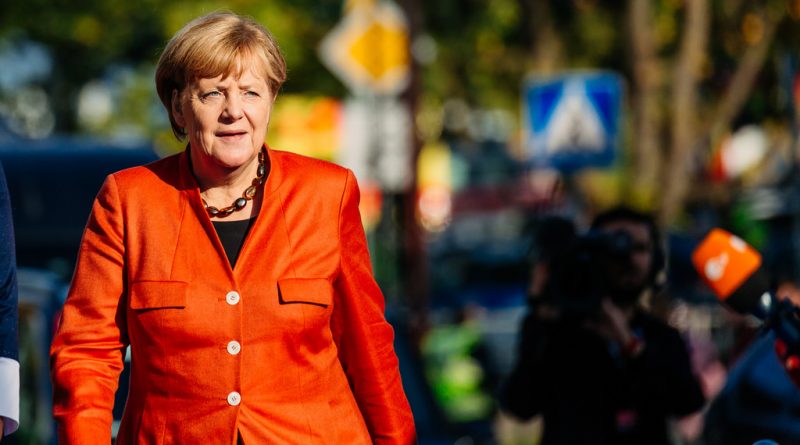Merkel Will Not Seek Re-Election Following Huge Election Losses
By Jarrett Dang
Staff Writer
Germany’s mammoth political leader, Angela Merkel, announced on October 29 that she will not seek re-election as German Chancellor in 2021. Merkel also stated that she would step down as the head of her political party, the center-right Christian Democratic Union (CDU), at its conference in December.
BBC News reports that the shocking announcement came after a string of local elections proved disastrous for the CDU and its Bavarian sister party, the Christian Social Union (CSU).
Mrs. Merkel has been the head of Germany for over 13 years, seeing the country through milestone events in history such as the 2008 financial crisis, Germany’s turn away from nuclear power, and the Syrian migrant crisis.
Still on October 14, local elections in Bavaria saw the CSU lose 16 seats in the regional parliament, while the left-leaning Green Party gained 20 seats, and the far-right Alternative for Germany (AfD) Party gained 22 seats. Merkel’s CSU allies lost 10.5 percent of the vote share, plunging from 47.7 percent in the previous state elections in 2013.
The CDU also performed poorly in the Hesse state elections held on October 28, two weeks after the Bavarian elections. According to official election results, the party lost 6 of its 46 seats, while the Greens and AfD advanced considerably, gaining 16 and 19 seats respectively. Merkel’s party scraped by with 27 percent of the vote, taking a turn down 11.3 percent from the previous election.
Merkel has been struggling politically since the pivotal German federal elections in late 2017 when her own CDU, the CSU, and her “grand coalition” partners in the Social Democratic Party (SPD), suffered significant losses in the wake of a nationwide increase in support for the far-right, anti-immigrant, and Eurosceptic AfD.
In the federal elections, the AfD, which had previously in 2013 missed the 5 percent threshold needed to have seats in the German parliament, smashed pre-election forecasts and garnered 12.6 percent of the vote with 94 seats.
The humiliating string of election downturns has come amid popular backlash against the Merkel government’s migration policies pertaining to the Syrian refugee crisis. Merkel and her supporters spearheaded a German-led European response to the escalating crisis. According to the Washington Post, Germany took in nearly 1 million refugees and migrants at the height of the crisis in 2015.
Merkel promoted German openness to taking in hundreds of thousands of migrants, proclaiming on the international stage that Germany had “Willkommenskultur”, or a welcoming culture. Foreign Policy says that this openness to refugees sparked outrage among the more conservative German electorate. Many previous CDU voters have become disillusioned with the Merkel government in reaction to what they perceive to be lax migration policies towards Middle Eastern immigrants. AfD ramped up its anti-migrant and nationalist rhetoric, peeling away many conservative voters from the CDU, CSU, and SDP.
The CDU tried to sway these voters by toughening its stance on migration. Merkel cracked down and cut the number of accepted refugees, hoping to win back those who defected to AfD. However, Foreign Affairs says that this shift backfired, causing many other CDU voters unhappy with the party’s turn to the right to vote in favor of the left-leaning Greens, while those that defected to AfD were largely unmoved.
Chancellor Merkel’s exit will have significant implications in Europe and abroad. Merkel has been a staunch supporter of the liberal international order and has stressed European unity amid rising populism on the continent.
New populist governments in Italy, Hungary, and Poland pose a challenge to European unity and the regression of the United States from the world stage has put European governments in the spotlight to stand up for human rights and democracy. With her departure, one of Europe’s strongest voices for greater integration and human rights will be gone.
Ms. Merkel’s exit will leave a vacuum that her party is seemingly ready to fill, according to The Economist. When she finally steps down from the Chancellorship in 2021, she will have led Germany for 16 years. Her successor will have the daunting task of filling big shoes, including taking on issues like an increasingly Eurosceptic continent, while combatting a resurgent far-right movement in Germany.



